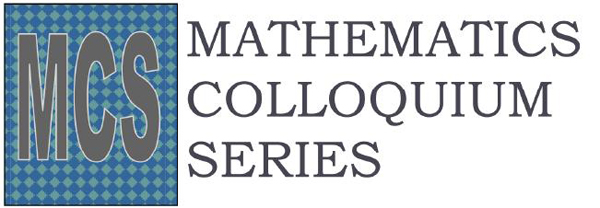 The next talk in the fall 2013 Mathematics Colloquium Series will focus on finite frame theory. Hosted by the NSU Farquhar College of Arts and Sciences, the talk is free and all are welcome to attend.
The next talk in the fall 2013 Mathematics Colloquium Series will focus on finite frame theory. Hosted by the NSU Farquhar College of Arts and Sciences, the talk is free and all are welcome to attend.
“Problems and Applications in Finite Frame Theory”
Mathematics Colloquium Series | Laura De Carli, Ph.D. (Florida International University)
Wednesday, Nov. 6
Noon–1:00 p.m.
Carl DeSantis Building | Room 1047
About the Talk
A frame in a vector space is roughly a set of vectors that contains a basis. For example, the set {(1,0), (0,1), and (1, 1)} is a frame in the two-dimensional plane. Originally developed in 1956, the theory of frames is now a well-established field in which redundancy appears both as a mathematical concept and as a methodology for signal processing. Frames (or redundant systems) have become a standard notion in applied mathematics, computer science, and engineering because they ensure resilience against noise, quantization errors, and erasures in signal transmissions. In this talk, De Carli will present basics about the theory of frames and provide a few applications. In particular, she will discuss tight frames and share new results obtained in collaboration with her student Zhongyuan Hu.
About the Series
Hosted by the college’s Division of Math, Science, and Technology, the Mathematics Colloquium Series aims to increase awareness of mathematics’ importance and applications in daily life. The series also gives mathematics faculty members and students the opportunity to discuss independent research and share their passion for the subject. For more information, contact Vehbi Paksoy, Ph.D., or Iuliana Stanculescu, Ph.D., associate professors at the college.
Become a Math Maven with a Degree in Mathematics
Are you a problem solver? Consider pursuing the mathematics major at the NSU Farquhar College of Arts and Sciences. One of the college’s newest undergraduate programs, the mathematics major will equip you with the skills for solving problems encountered by mathematicians, educators, government officials, scientists, engineers, and others. When you add it all up, the mathematics major prepares you for graduate school and/or a career in science, industry, and business.

